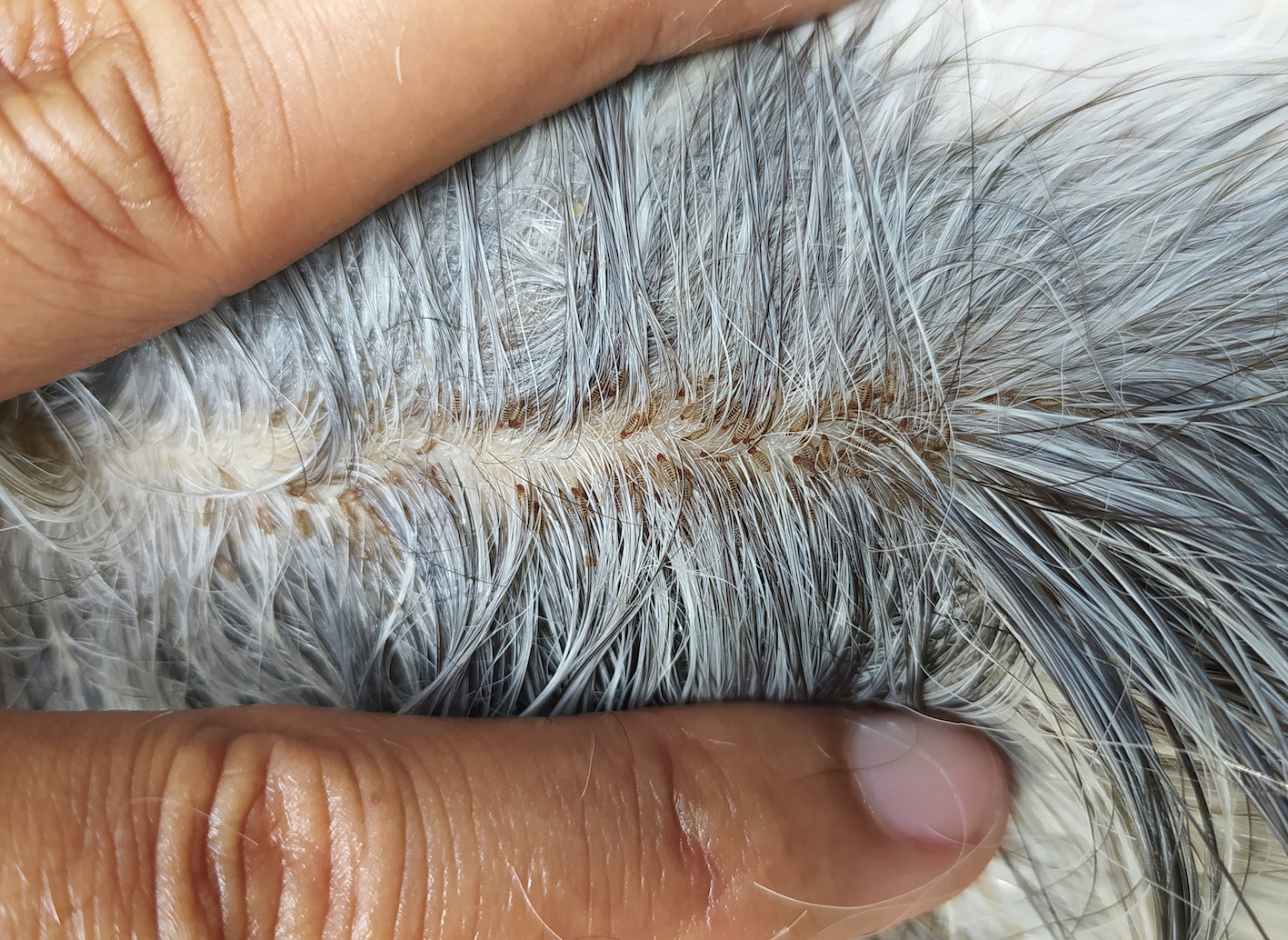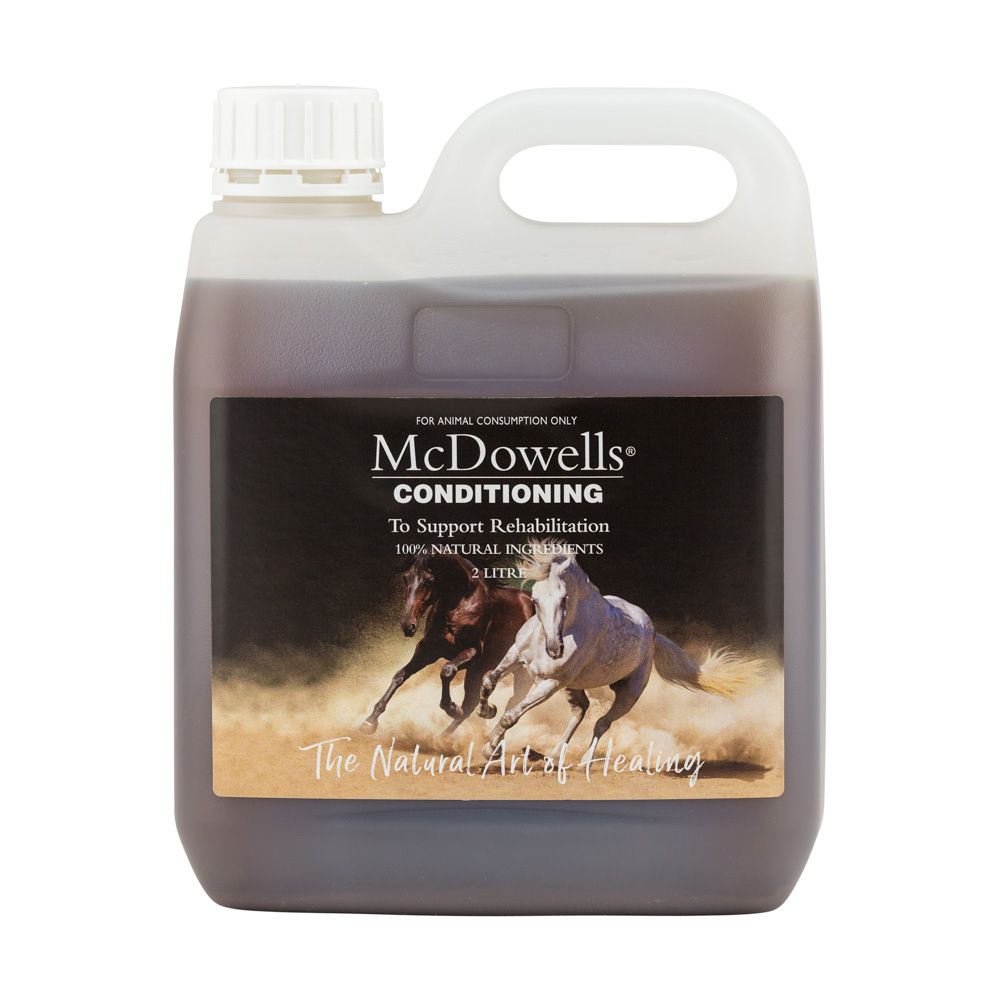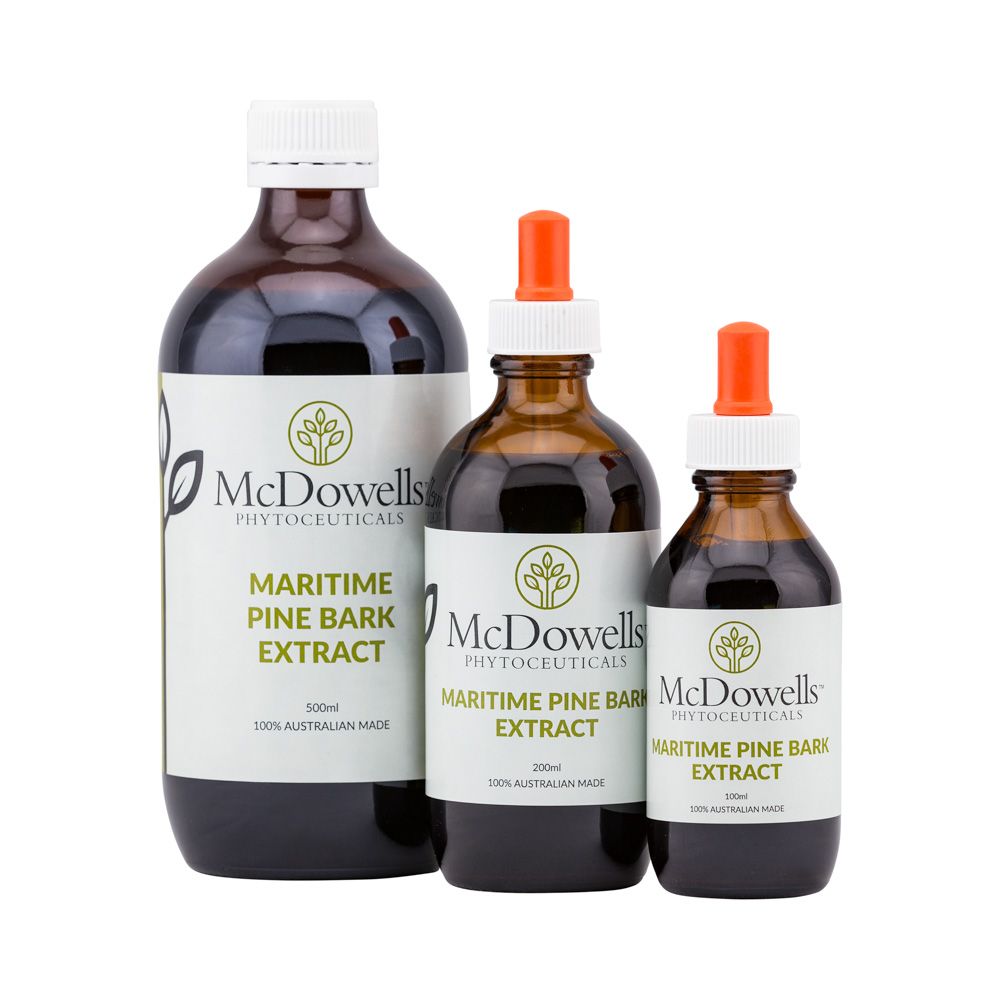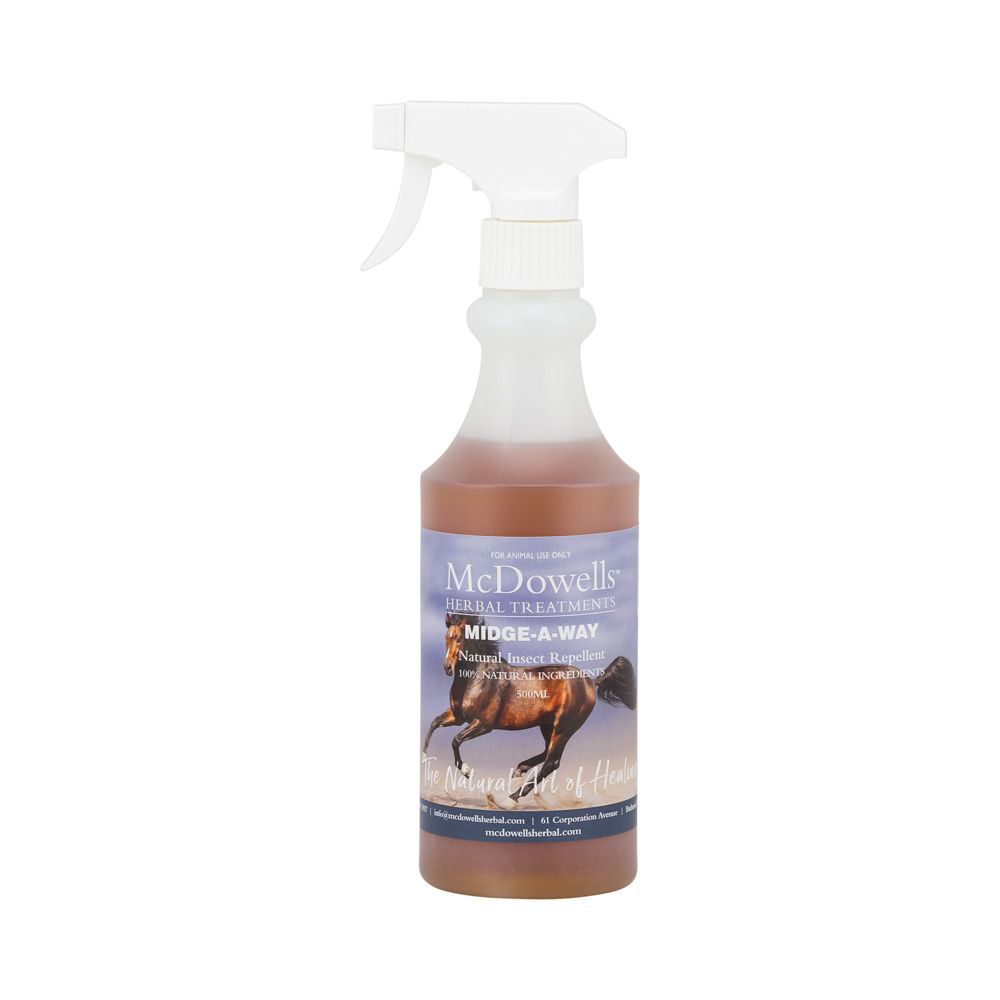Lice can infest horses causing skin irritation, severe scratching and loss of condition. Incidence peaks in late winter and spring, recurring annually once lice become established in a stable or paddock...

Three species of lice can infect horses; Haematopinus asini, Bovicola equi and Trichodectes pilosus.
Symptoms may include one or more of the following:
- Visual indentification of lice or eggs
- Itching and rubbing against fences, trees etc
- Coat, mane and tail loss or raw skin
- Coat looks dull and staring
- Constant biting at skin
- Depression and lethergy
How does lice spread?
Lice are spread via other infested horses, rugs, grooming gear, harness, or rubbing on trees, rails etc. where winter haircoat containing lice or eggs has been deposited. Lice can only live off the horse's body for a few days. Horses in poor condition are more susceptible to the effects of lice.
Long winter coats and lack of grooming and rugging make ideal breeding conditions for lice.
Our recommended treatment of lice
- Thoroughly wash horse with an equine medicated shampoo such as advised by your vet
- Look at your drenching history. Usually only drench at beginning of Autumn and Spring. Any more than this creates an immunity deficiency making your horse more susceptible to parasites.
- Do not use pour-on lousicides formulated for cattle or sheep on horses, as severe skin reaction and hair loss my result
- Repeat wash treatment in 7-10 days to break the lifecycle.
- Treat grooming gear, harness and rugs at the same time
- Avoid using contaminated equipment or rugs for 14 days, as lice can only survive off a horse for a few days
- Wash rugs and hang inside out over a fence in sunlight for 10-14 days
- If possible, where paddocked horses are infested, shift them out of the infected paddock for 14 days to starve active lice on trees and rails.
Boost the immune system with the following herbal remedies and tonics
- Us the blood cleanser, Conditioning Tonic
- Molasses & Garlic, Rosehip, Crushed Millet & Linseed;
- Chamomile tea a great calminative for the Intestinal tract & especially in allergy based reactions;
- Rosehips tea to boost immunity,circulation & provide minerals, Iron & Vitamin C, a great tonic for the kidneys, adrenals and liver
You can place the dried herb in the same 1 litre of water halve & use to wet down morning & afternoon feeds. 1 cup of Crushed White millet & linseed mixed dry or made into a porridge & halved feed am & pm.To repair tissue damage & promote healthy skin.




